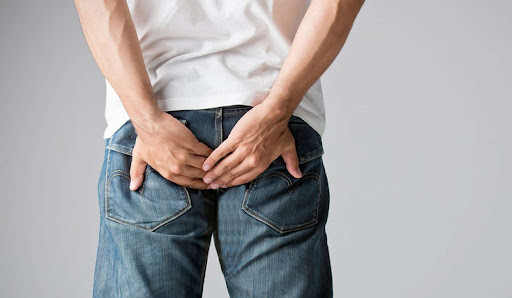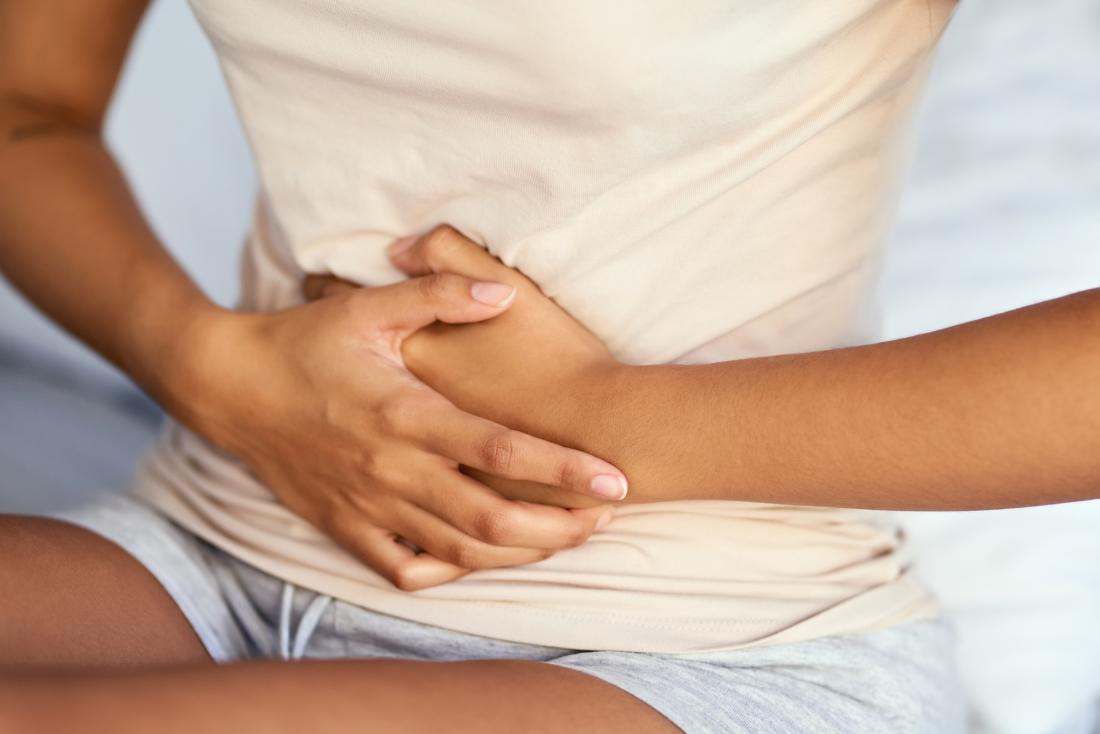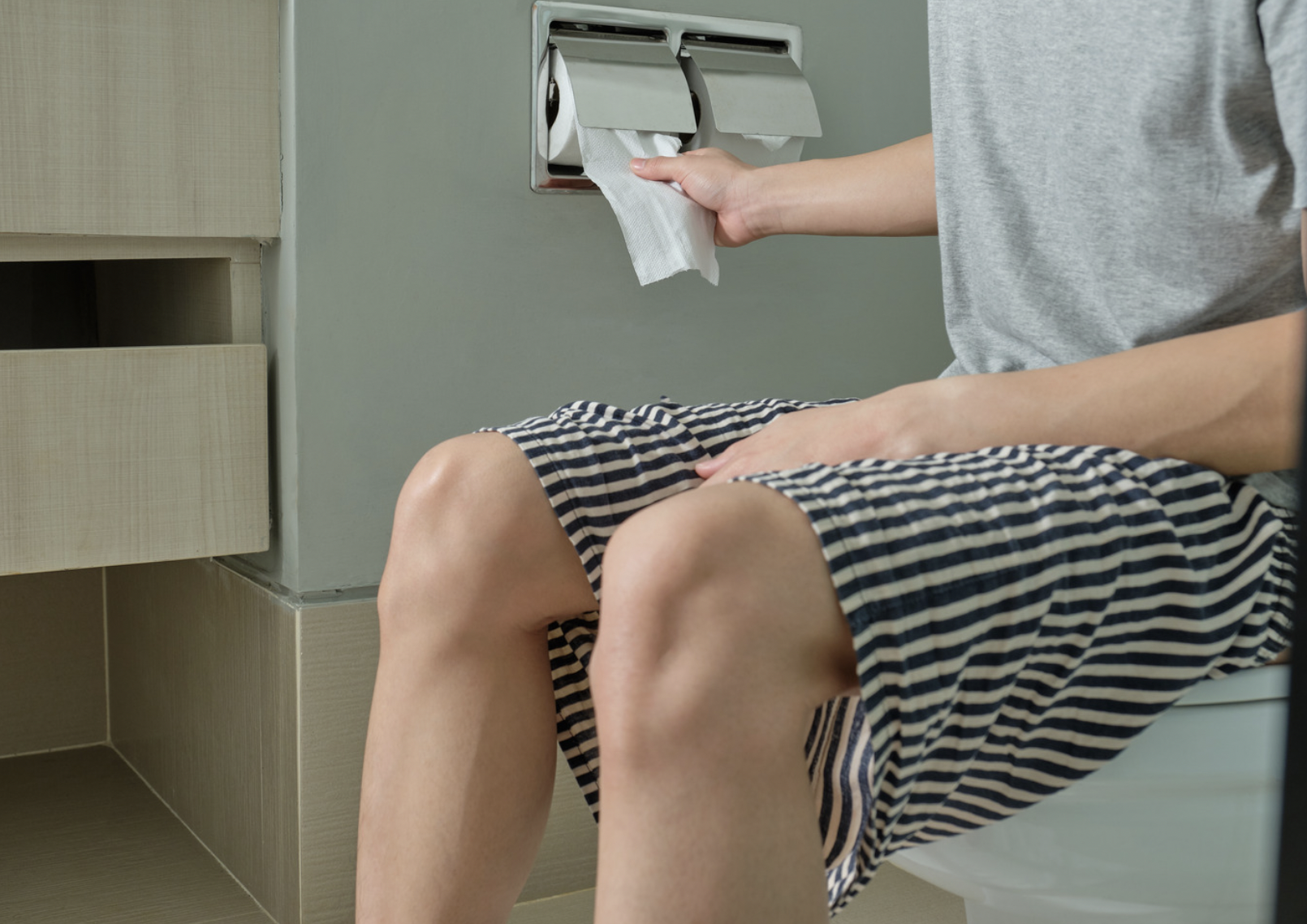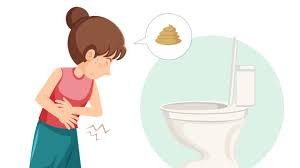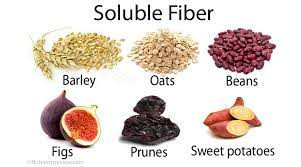Definition
Hemorrhoids are swollen veins located in the rectum or anus. Also known as piles, hemorrhoids resemble varicose veins, as both involve swollen veins. Hemorrhoids are a common condition, affecting approximately three out of four adults during their lifetime. While hemorrhoids have multiple potential causes, the specific cause is often unknown. They typically occur between the ages of 45 and 65. The level of pain or discomfort depends on the hemorrhoid’s size and location. Generally, hemorrhoids are benign, but if symptoms persist for more than a week, it is advisable to seek medical attention to rule out other causes.
Causes
The exact cause of hemorrhoids is still uncertain. Pressure on the lower intestine can disrupt blood flow, causing veins to swell. Some factors that may contribute to the development of hemorrhoids include:
- Straining during bowel movements
- Lifting heavy objects
- Excess abdominal pressure due to obesity
- Pregnancy, which puts pressure on veins as the uterus expands
- A low-fiber diet
- Engaging in anal intercourse
Risk Factor
The most significant risk factor is a family history of hemorrhoids. Other risks include occupations or activities that require prolonged sitting or standing.
Symptoms
Hemorrhoids are categorized by their location as either internal or external. External hemorrhoids appear around the skin of the anus, while internal hemorrhoids are located inside the rectum. Thrombosed hemorrhoids are complications of external hemorrhoids. The severity of symptoms can vary depending on the type and degree of hemorrhoids, and they may occur repeatedly.
- External Hemorrhoids
- Itching or irritation around the anus
- Pain, discomfort, or lumps near the anus
- Feeling like a bowel movement is incomplete, even after defecation
- Swelling
- Bleeding or mucus discharge after a bowel movement
- Internal Hemorrhoids
Most individuals with internal hemorrhoids are unaware of them, but irritation during bowel movements may cause discomfort. Other symptoms include: - Small amounts of blood during bowel movements, noticeable when cleaning
- Pain or irritation due to straining
- Internal hemorrhoids are classified into four degrees based on severity
- Thrombosed Hemorrhoids
These occur when blood clots form in external hemorrhoids, leading to: - Intense pain
- Swelling
- Inflammation
- Hard lumps near the anus
- Prolapsed Hemorrhoids
Prolapsed hemorrhoids are large and extend outside the anus, appearing as a large lump that cannot be pushed back inside.
Diagnosis
The doctor will begin by conducting an interview to gather information about the patient’s medical history and symptoms. The following examinations can be performed:
- Physical examination: This involves inspecting the anal area for lumps, swelling, irritation, or other abnormalities.
- Anal examination: The doctor will insert a lubricated, gloved finger into the anus to assess for lumps, muscle strength, or any other irregularities.
Radiological examinations are typically not necessary for diagnosing hemorrhoids. However, if other conditions are suspected, additional tests may be warranted.
Management
Hemorrhoids are a chronic condition that can be managed through either non-invasive or invasive (surgical) treatments. Non-invasive therapies include:
- Drinking plenty of water and consuming high-fiber foods to avoid hard stools during bowel movements
- Taking painkillers, such as paracetamol, to relieve anal pain. Avoid painkillers containing codeine, as they may cause constipation
- Keeping the anal area dry and clean to prevent infection
- Engaging in regular physical activity
- Avoiding drinks like tea, coffee, and carbonated beverages that can cause constipation
- Avoiding frequent or forceful straining during bowel movements
- Gently reinserting hemorrhoids that can be pushed back in without applying too much force
- Using creams or medications designed for pain relief or hemorrhoids treatment
- Taking stool softeners as needed
- Applying cold compresses to alleviate pain and discomfort
- Taking sitz baths or applying warm compresses to ease pain or itching in the anal area
Surgical or invasive procedures are considered for patients with recurrent hemorrhoids. Treatment options include:
- Hemorrhoid ligation using rubber bands to cut off the blood supply to the hemorrhoid
- Photocoagulation: This method uses infrared light to treat internal hemorrhoids. Typically, only one hemorrhoid is treated per session.
Complications
Hemorrhoids can lead to several complications, such as:
- Skin tags: Remnants of hemorrhoids that can cause irritation
- Anemia: A condition that can result from significant bleeding due to hemorrhoids
- Infection: External hemorrhoids may become infected if wounds are contaminated with microorganisms
- Strangulated hemorrhoids: The muscles around the anus can restrict blood flow to the hemorrhoids, causing severe pain. This condition may require surgery
Prevention
Lifestyle changes are essential in preventing hemorrhoids. Key strategies include:
- Consuming high-fiber foods, such as vegetables, legumes, and fruits, to soften stools and reduce abdominal pressure during straining. Fiber supplements can also help.
- Drinking adequate water to prevent constipation and hard stools
- Engaging in regular physical activity and maintaining a healthy body weight
- Avoiding delaying bowel movements
- Not sitting on the toilet for extended periods, as this increases pressure on the veins
When to See a Doctor?
Hemorrhoids can cause significant pain and may lead to bleeding. If you or someone close to you experiences bleeding from the anus, it is important to consult a doctor to identify the cause. Never assume the bleeding is solely due to hemorrhoids without proper diagnosis.
Other warning signs include:
- Changes in bowel movements accompanied by anal bleeding
- Heavy or dark-colored bleeding
- Dizziness or fainting along with a sense of lightheadedness
If symptoms persist for more than a week, seek medical attention. The above symptoms may indicate a more serious condition or an emergency, requiring immediate care at the nearest health facility.
Looking for more information about other diseases? Click here!
- dr Ayu Munawaroh, MKK
Hemorrhoids - Symptoms and causes. Mayo Clinic. (2022).
Piles (haemorrhoids). nhs.uk. (2022).
Bhargava, H. (2022). Hemorrhoids. WebMD.
Hemorrhoids Treatment, Symptoms, Causes, Prevention. Cleveland Clinic. (2022).
Sitz Bath: Uses, Procedure, and Risk Factors. Healthline. (2022).
Mott, T., Latimer, K., & Edwards, C. (2022). Hemorrhoids: Diagnosis and Treatment Options. Aafp.org.
Migaly, J., & Sun, Z. (2016). Review of Hemorrhoid Disease: Presentation and Management. Clinics In Colon And Rectal Surgery, 29(01), 022-029.


